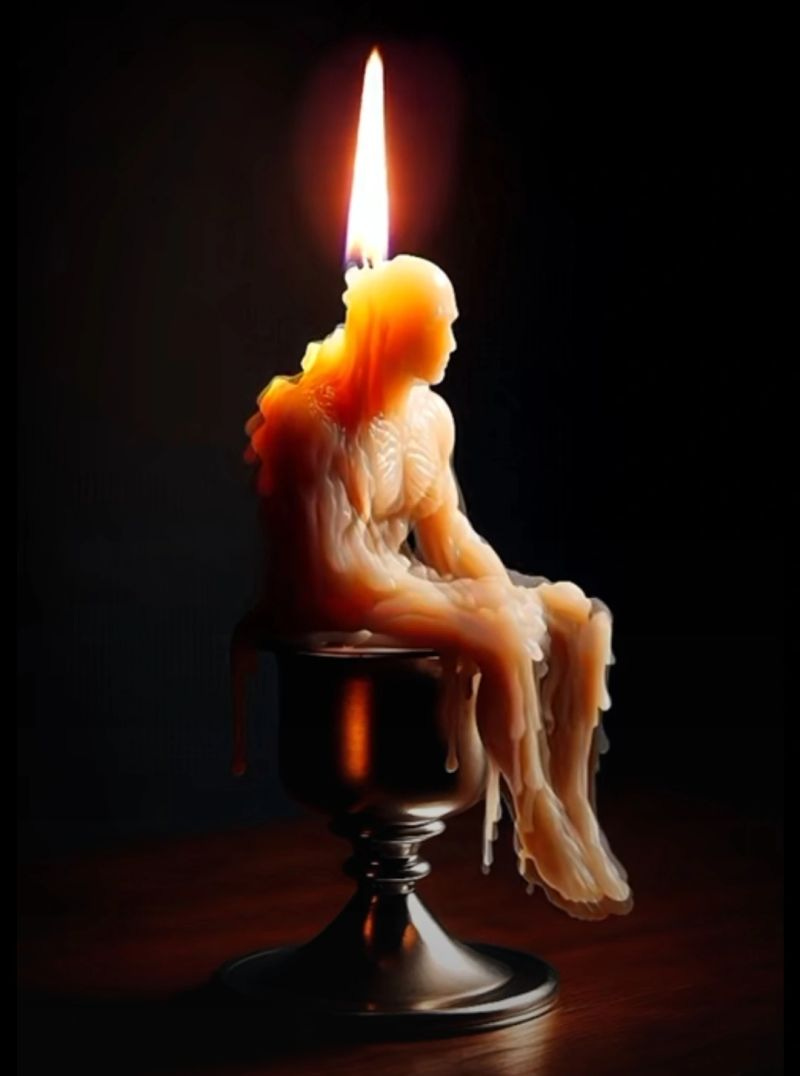Do you know about the City of Djinns?
I didn’t.
Sometime back, on a late Thursday afternoon, I found myself walking through the broken archways of Feroz Shah Kotla.
I hadn’t meant to end up there. I had been exploring old Delhi, letting the city guide me without a plan. Past the traffic, past the vendors, past the cricket stadium gates, I followed a narrow path that led to a ruin I had only heard of in passing.
The fort was quiet, too quiet for a place in the heart of a city of thirty million. The wind carried a dry smell of dust and incense. And then I noticed the windows and it sent a chill down my spine.
I saw small grated openings in the stone, some bricked up, others left open like mouths mid-sentence. Inside them were letters. Hundreds of them. Folded, stacked, wedged into corners.
Who were these letters for?
A man sitting cross-legged by a marble platform looked up. I asked him if he was waiting for someone. He smiled faintly and said, No. They are.
Djinns.
He told me this was where they lived. Literally. Here. In this very space. In the dark corridors, in the caves beneath the mosque, around the ancient Ashokan pillar that stands at the center of the complex like a spine holding up centuries of belief.
These windows are the various departments of Djinns. People come here to ask. Some come to command. A few come to confess.
I wandered deeper. Under the masjid. I saw women lighting incense, whispering prayers to cracks in the wall. A boy was tying threads onto an iron grate, each knot a request. At one corner, an old man was scribbling something onto a torn piece of paper. When I asked what he was writing, he said, I'm just explaining. They already know.
What happens to a city when one of its oldest places is no longer governed by history but by something unspoken?
Feroz Shah Tughlaq built this fort in the 14th century. It was once the center of an empire. Now, it is a court of another kind. Every Thursday, people arrive with their afflictions, their heartbreak, their failures. They speak to invisible presences not out of desperation, but out of memory. As if these rituals were inherited, passed down like a family trade.
Is this religion? Superstition? Or is it something else entirely: a survival mechanism in a city that offers too little justice and too few answers?
I left as the sun went down. The sounds of evening prayer drifted over the ruins. But behind the chanting, behind the footsteps of those walking away, I felt something else - a world running quietly in the background. One that has never stopped.
And I keep thinking: if the city were to fall, if everything modern were stripped away, would the Djinns still remain?
Would the letters keep arriving?



